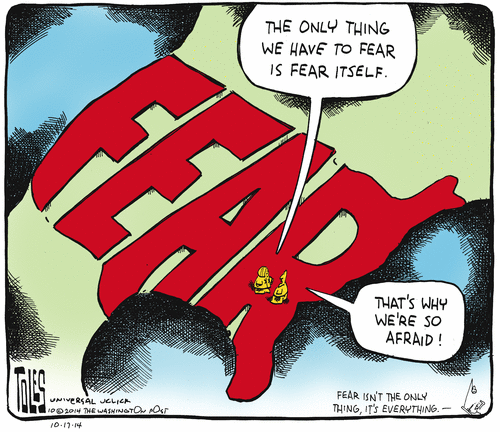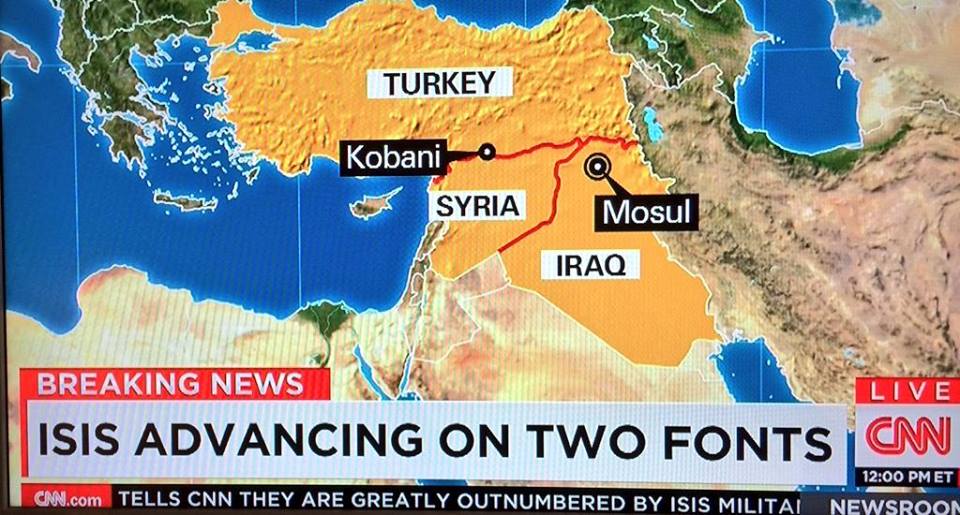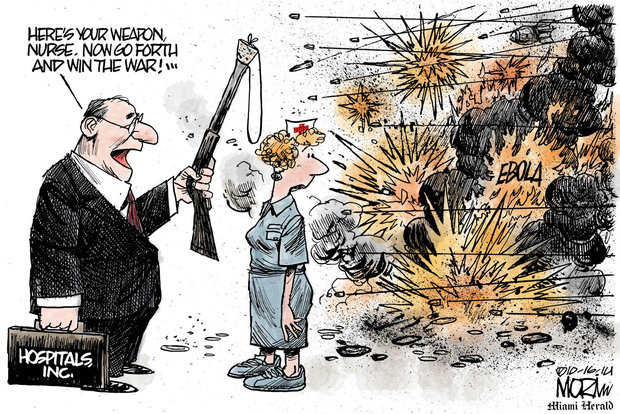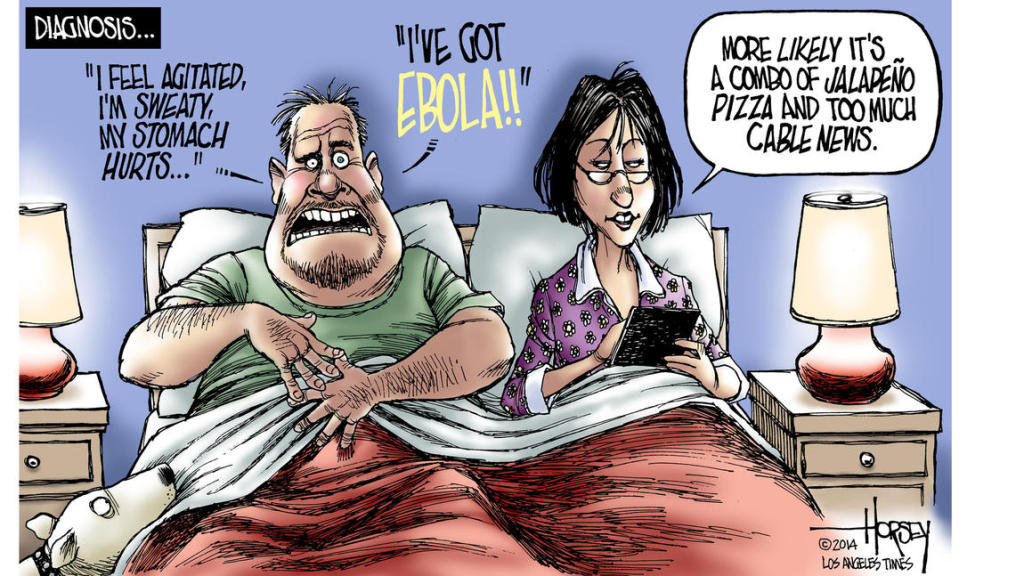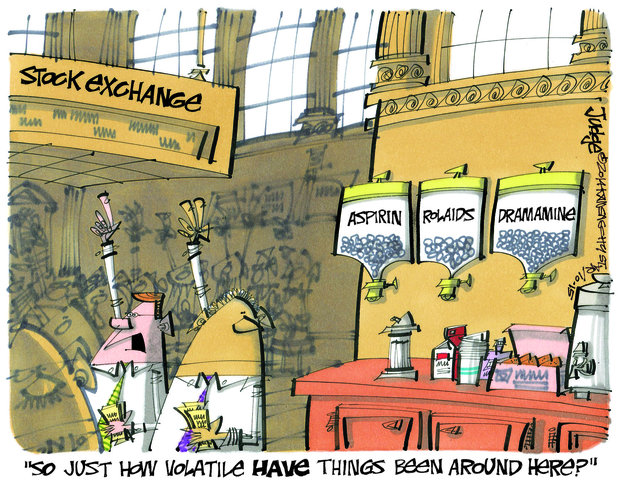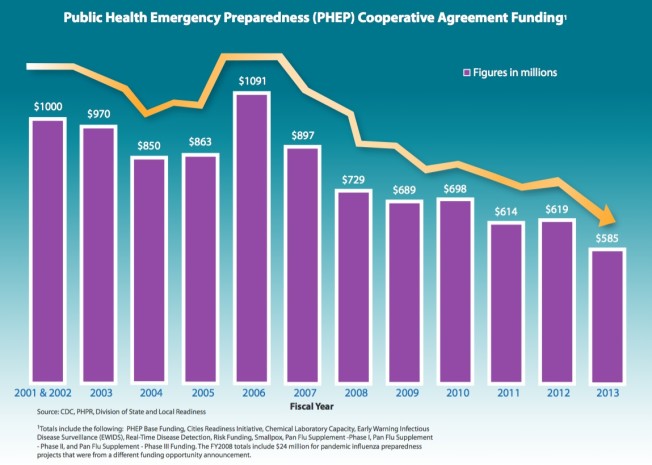Today’s wake up is for the US neo-con policy makers who made so many mistakes in the 1960’s and 1970’s that some are still being uncovered. Last week, NHK Tokyo had a report about the US’ operation of a secret experimental nuclear reactor in South Vietnam during the Vietnam War.
We put a nuclear reactor in Vietnam? When there was a war underway?
The site was in the city of Da Lat, 120 miles northeast of Saigon, where Americans had installed a research reactor. It was a General Atomics TRIGA Mark II model. We began building the TRIGA in the 1960s as another example of President Eisenhower’s “Atoms for Peace” campaign at the end of the 1950s, just like the reactor we sent to Iran in 1967.
So many neutrons, so little peace.
According to NHK, as the North Vietnamese Army was approaching, Henry Kissinger ordered the site dismantled to keep the technology out of communist hands. The big news: In the event of an inability to dismantle the reactor, the NHK reports that, as a last-ditch measure, Kissinger ordered that the radioactive core be blown up rather than fall to the North Vietnamese.
NHK interviewed Wally Hendrikson, now elderly, who in 1975 was a nuclear fuel specialist at the Idaho National Laboratory. He was on the small team sent to recover the reactor’s fuel. When Hendrikson arrived at the US Embassy in Saigon:
We were told distinctly that if we could not remove the fuel and get it out of the country, we were to make it inaccessible and to pour concrete…to cover the core.
If all else failed, Hendrikson says,
We were to dynamite the core
Luckily, the team got the fuel out of Vietnam without needing to create a nuclear disaster. Vietnam later rebuilt the reactor, using technology and nuclear fuel from the Soviet Union. Today, the facility remains the only functioning research reactor in Vietnam.
How many times will we have to dodge bullets that the neo-cons and cold war warriors keep loading in guns that keep getting get pointed at America’s head? Wake up, neo-cons! To help you with your wake-up, here is #5 in our songs of summer series, Katrina and the Waves with “Walking on Sunshine”:
For those who read the Wrongologist in email, you can view the video here.
Monday’s Hot Links:
A map of American swearing usage, produced by a lecturer in forensic linguistics at Aston University in Birmingham, UK. Hell, damn and bitch are especially popular in the south and southeast. Douche is relatively common in northern states. Bastard is beloved in Maine and New Hampshire, and those states – together with a band across southern Arizona, New Mexico, and Texas – like using motherfucker. Crap is more popular inland, fuck along the coasts.
Earlier this year, Trump for President, LLC trademarked “Trumpocrat” and “Trumpublican.” Who knew that Trump wanted you to have a ball cap with “Trumpocrat” emblazoned on the front? Doesn’t Trumpocrat sound more like a plutocrat than Democrat? “Trumpocalypse” sounds correct, and has a nice ring to it, but it apparently isn’t one that they trademarked.
Exxon’s lobbying firm donated to Chris Christie’s Super PAC while Christie pushed for favorable 9to Exxon) NJ environmental settlement. Public Strategies Impact, the firm that represents Exxon’s interests in New Jersey, has donated $50,000 to “America Leads,” a super PAC supporting Christie’s presidential campaign. Christie’s proposed settlement, aims to reduce levies against ExxonMobil from $8.9 billion to just $225 million. Christie has defended the agreement as a good one for the state. NJ Democrats legislators have been seeking to block the settlement. Nothing to see here.
Ebola vaccine trial in Guinea proves 100% successful. The trials involved 4,000 people. Unlike using the randomized approach, taking a population at risk of Ebola and vaccinating half of them while giving the other half a placebo, this study used a “ring” design. When Ebola flared up in a village, researchers vaccinated all the contacts of the sick person who were willing to take the vaccine, family, friends and neighbors, and their immediate contacts. Children, adolescents and pregnant women were excluded because of an absence of safety data for them. In practice about 50% of people in these clusters were vaccinated.
To test how well the vaccine protected people, outbreaks were randomly assigned either to receive the vaccine immediately, or three weeks after an Ebola infection was confirmed. Among the 2,014 people vaccinated immediately, there were no cases of Ebola from 10 days after vaccination. In the clusters with delayed vaccination, there were 16 cases out of 2,380. Scientists, doctors, donors and drug companies collaborated to push the vaccine through a process that usually takes more than a decade in just 12 months. Merck owns the rights to the drug. Invest at your own risk.

